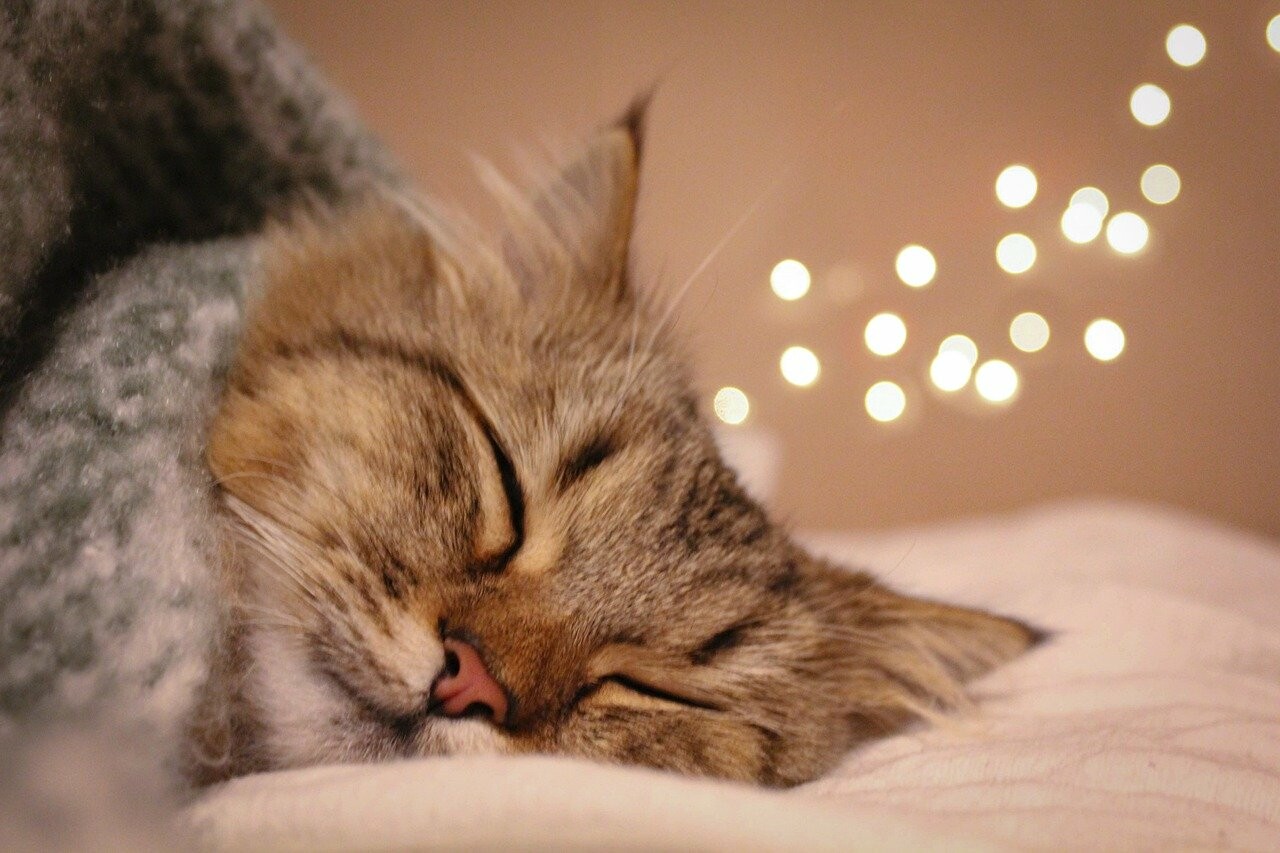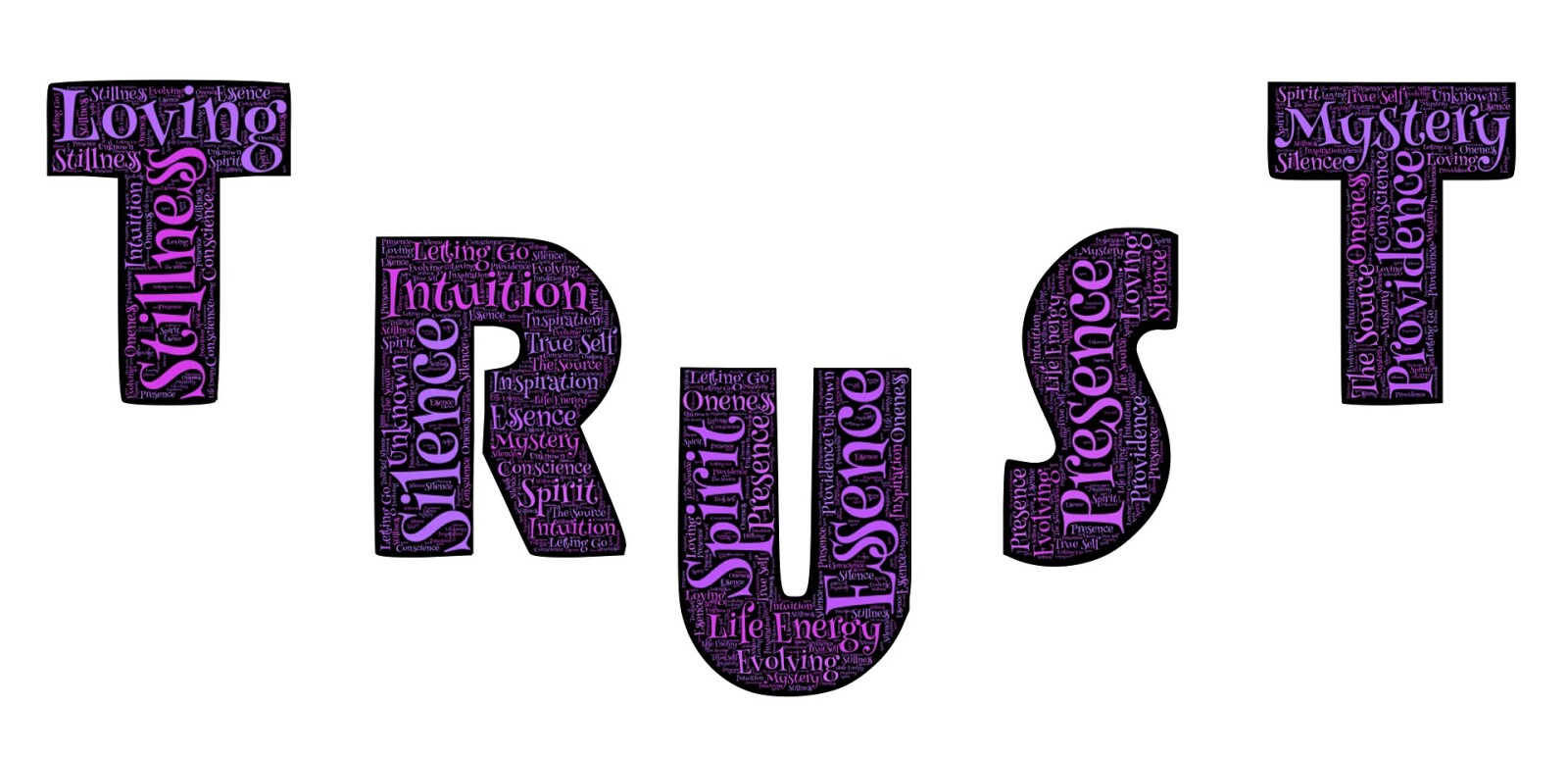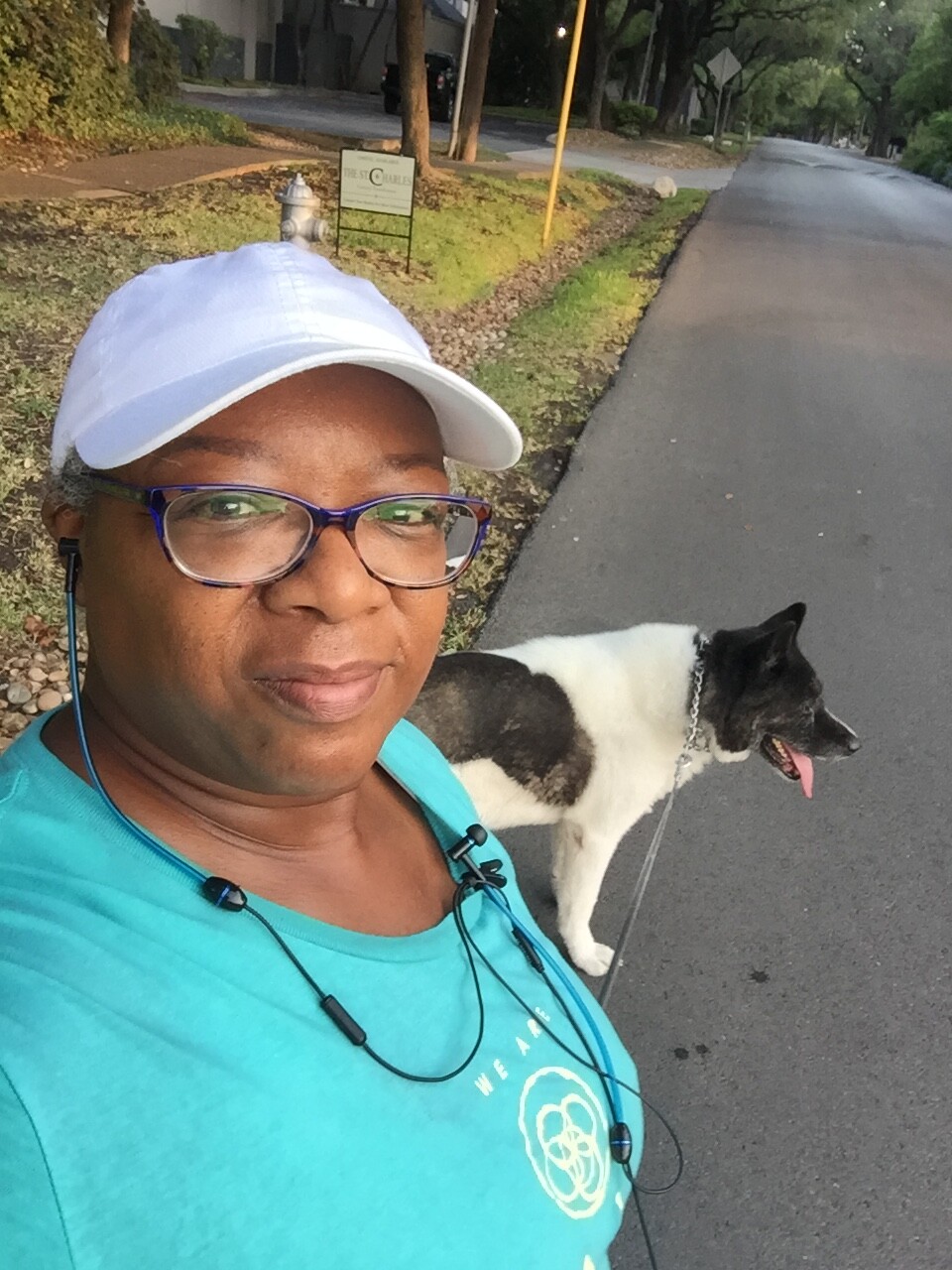
For years, I suffered from mild to severe insomnia. I would get to bed around midnight, and basically wake up every 1-2 hours, lying awake for sometimes as little as 5 minutes, but often for up to an hour and a half before dropping off into a restless unsatisfying sleep.
This took a MAJOR toll on my life.
My energy and attention span were nonexistent and I would feel foggy in the late afternoons. Once, waiting for a traffic light to switch from red to green, I actually fell asleep just sitting behind the wheel!
Really scared, I began to do a little research, and learned that, when it came to difficulties with sleep, I WASN’T ALONE!
Getting a good night’s sleep has become a NATIONAL problem in the US among adults and the most common problem in relatively healthy adults age 50 and older. People with this condition have trouble falling asleep and/or staying asleep. This can last for days, months, and even years.
Why is a good night’s sleep so important? Many would probably say that a good night’s sleep is to just keep one alert during the day. While that was certainly a significant reason for ME in getting the requisite amount of sleep, recurring insomnia can have an insidious effect on a person’s health and well-being.
While awake our brains and bodies are basically engaged with getting us through the day, expending HUGE amounts of energy on physical activity and mental operations. Asleep, our bodies focus on growing, storing energy, and repairing or replacing damaged cells. Our brains perform a dual function, eliminating toxins from its physical matter while psychologically sorting out the serious issues of the day.
Studies have shown that most people need between seven and nine hours of sleep. Consistently getting less than that can result not only the expected drowsiness during the day, but in attention problems, irritability, and a marked decline in motor function. More serious cases can suppress the immune system, increase the risk of elevated blood pressure, diabetes, heart disease, weight gain or difficulty in losing weight, and exacerbate chronic pain or fatigue, mental and emotional illness.
The Centers for Disease Control and Prevention declared sleep deprivation a public health epidemic in 2011, noting that between 50 and 70 million Americans suffer from chronic sleep problems.
Often, being unable to sleep becomes a habit. Some people worry about not sleeping even before they get into bed. And just worrying about it may make it harder to fall asleep and stay asleep.
Some people who have trouble sleeping may use over-the-counter sleep aids or prescription medicines to help them sleep. I knew from EXPERIENCE that these medicines may help when used for a short time, but the body becomes used to them, and they become less and less effective over time. And I learned that medicines aren’t a cure for insomnia. I realized I had to work on the source.
I am so blessed that I no longer have this issue. NOW, I sleep like a log, and wake up (even when I don’t want to….) at 5-ish every morning! I have energy to spare and I’m sometimes amazed at how alive and vibrant I feel! Next week, I’ll share some of my all-natural approaches to better sleep!
Do you get all of the sleep you need every night? If so, what is your go-to for a good night's sleep?












0 Comments